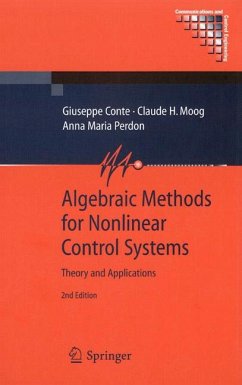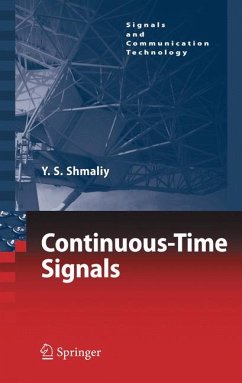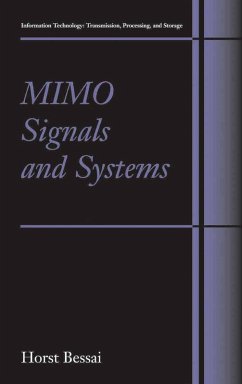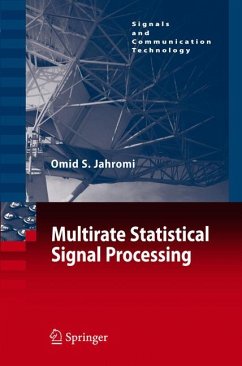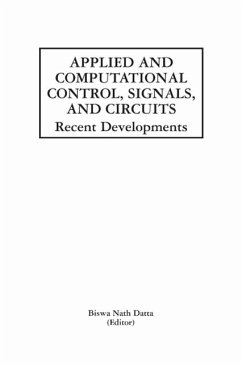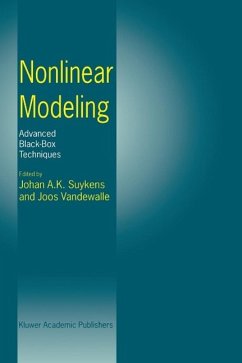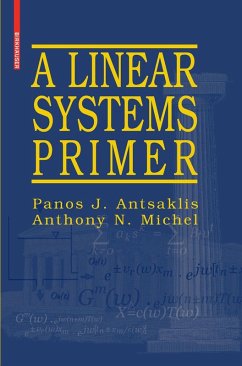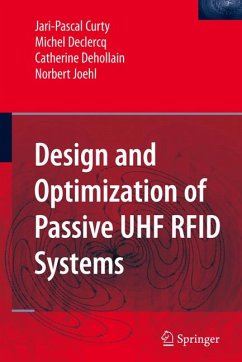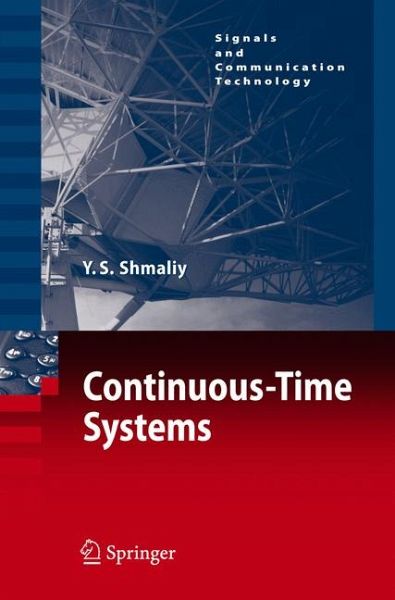
Continuous-Time Systems (eBook, PDF)
Versandkostenfrei!
Sofort per Download lieferbar
160,95 €
inkl. MwSt.
Weitere Ausgaben:

PAYBACK Punkte
80 °P sammeln!
Continuous-Time Systems is a description of linear, nonlinear, time-invariant, and time-varying electronic continuous-time systems. As an assemblage of physical or mathematical components organized and interacting to convert an input signal (also called excitation signal or driving force) to an output signal (also called response signal), an electronic system can be described using different methods offered by the modern systems theory. To make possible for readers to understand systems, the book systematically covers major foundations of the systems theory. First, the quantitative and qualita...
Continuous-Time Systems is a description of linear, nonlinear, time-invariant, and time-varying electronic continuous-time systems. As an assemblage of physical or mathematical components organized and interacting to convert an input signal (also called excitation signal or driving force) to an output signal (also called response signal), an electronic system can be described using different methods offered by the modern systems theory. To make possible for readers to understand systems, the book systematically covers major foundations of the systems theory. First, the quantitative and qualitative methods of systems description are presented along with the stability analysis. The representation of linear time-invariant systems in the time domain is provided using the convolution, ordinarily differential equations (ODEs), and state space. In the frequency domain, these systems are analyzed using the Fourier and Laplace transforms. The linear time-varying systems are represented using the general convolution, ODEs, and state space. The nonlinear time-invariant systems are described employing the Taylor and Volterra series expansions, ODEs, state space, and approximate methods such as averaging, equivalent linearization, and describing function. Finally, the representation of nonlinear time-varying systems is given using the Taylor and Volterra series, ODEs, modulation functions method, and state space modelling. Review of matrix theory and other useful generalizations are postponed to Appendices.
Dieser Download kann aus rechtlichen Gründen nur mit Rechnungsadresse in A, B, BG, CY, CZ, D, DK, EW, E, FIN, F, GR, HR, H, IRL, I, LT, L, LR, M, NL, PL, P, R, S, SLO, SK ausgeliefert werden.



